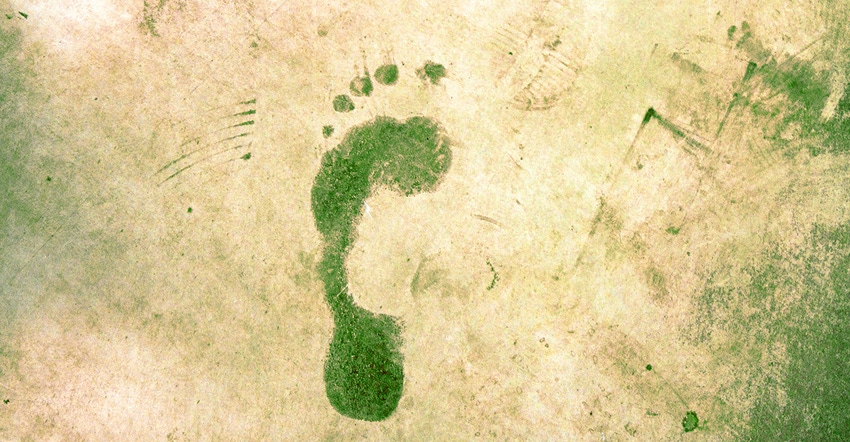Toray to Recycle Glass-Fiber-Reinforced PPS in Europe
The carbon footprint of the material with 50% recycled content has been independently certified to be around 45% lower than virgin PPS.
June 5, 2023

Japan’s Toray Industries and its marketing and sales subsidiary, Toray Resins Europe GmbH (TREU), have developed a recycling process for glass-fiber-reinforced polyphenylene sulfide (PPS) resin scrap generated by injection molding. The new process leverages proprietary compounding technology developed in collaboration with tolling partner MKV GmbH Kunststoffgranulate, a compounding company based in Beselich, Germany, that specializes in recycling engineering and high-performance plastics. The recycled PPS resin has 50% recycled content and retains at least 90% of the mechanical strength of virgin injection grades.
Testing, certification, and research institute SKZ – Das Kunststoff-Zentrum (Plastics Center) has calculated and verified that PPS made with this recycling process can deliver a carbon footprint that is around 45% lower than virgin PPS. The calculation was conducted based on international LCA standards ISO 14040, ISO 14044, and ISO 14067, “Carbon footprint of products.”
TREU supplies PPS resin to customers throughout Europe and is beginning to promote the recycled PPS grades under the Ecouse Torelina brand. Ecouse (pronounced Eco-use) is Toray’s integrated, worldwide brand for recycled materials and products.
Glass-fiber-reinforced PPS offers flame and chemical resistance as well as long-term durability. Consequently, it has diverse applications, including electric vehicles and other automobiles, electrical and electronic equipment, and water-related parts.
Previously, Toray announced that wholly owned subsidiary Toray Advanced Materials Korea would increase annual production capacity for Torelina PPS resin by 5,000 tonnes/year at a plant in Gunsan, Korea, starting in December 2024. The Toray Group’s combined PPS manufacturing capacity at this facility and the Tokai Plant in Aichi Prefecture, Japan, thereby would rise to a world-leading 32,600 tonnes annually.
About the Author(s)
You May Also Like




